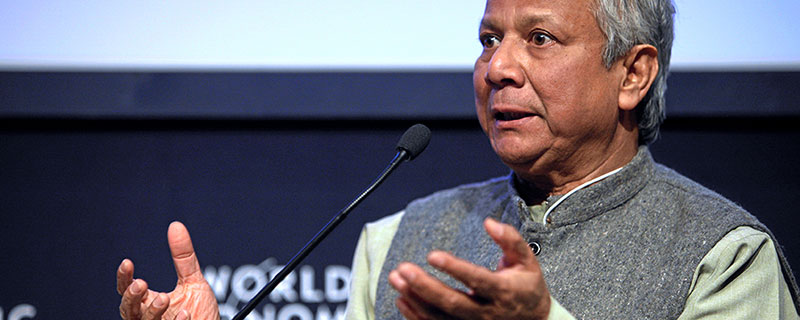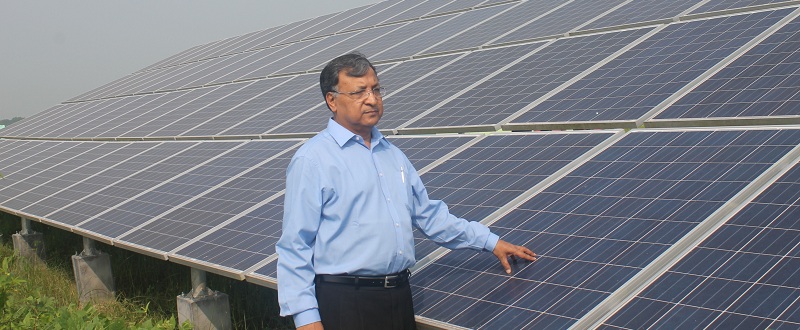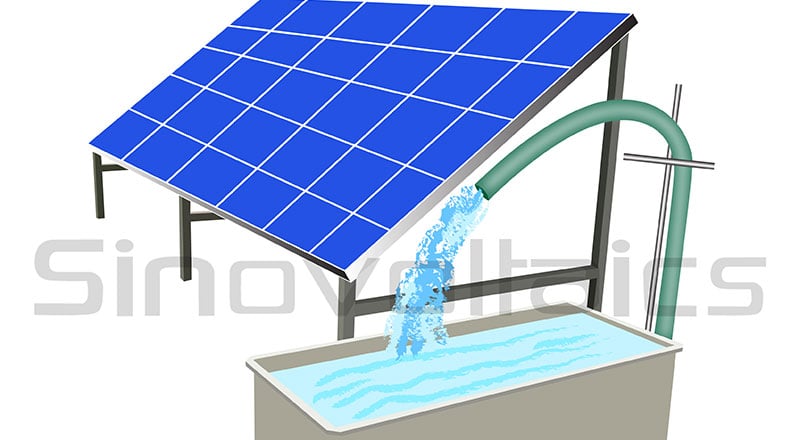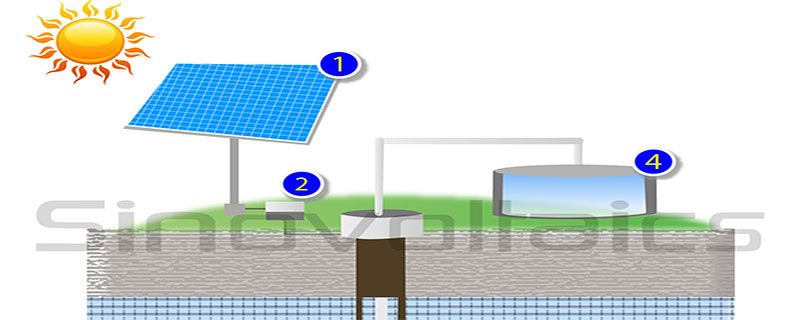Rural people in third world countries like Cambodia, Mongolia or Bangladesh do not only lack access to electricity and thus depend heavily fossil fuels to produce light.
Moreover, many people face the consequent threats of the global climate change. As the national governments in many third world countries lack the (financial) capacity and or willingness to provide basic electrical infrastructure for their people and sun radiation in many countries of the southern hemisphere is extremely high, clean and environmental-friendly solutions in form of off-grid solar systems are the logic next step to provide electricity, independent from any national grid and subsequent maintenance problems, and at the same time to minimize CO2 emissions.
As a matter of fact, the productive utilization of off-grid solar systems contributes to a significant amplification of rural people’s chances for better education and an income increases.
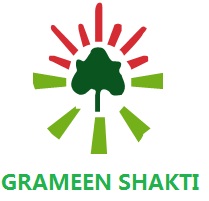
These rural people do not longer have to bear the burden of the increasing cost of kerosene and help saving CO2 emissions.
In Bangladesh for example, merely about 35% of the total population (nearly 160 million people) has access to the national electricity grid.
Power shortcuts constantly affect education, business, agriculture and security in the whole country, especially in rural areas. The comprehensive extension of the grid to reach a significant number of rural households, business, and even complete villages is still far from reality.
More than 80% of the nationwide installed electricity generating capacity depends on CO2-emitting fossil fuels, mostly natural gas.
Moreover, frequent floods, monsoons, tsunamis, earthquakes and consequently lacking investments in capacity building as well as partly old and damaged power plants aggravate any ambitions to get access to electricity especially for rural people.
Geo-physically being relatively plain country, millions of rural people in Bangladesh are directly threatened by the potential consequences of CO2 emissions in form of sea level increases and hence life-threatening floods.
This threat leads to a strong rural-urban migration which may reduce agricultural production and output and consequently famines. Not only Bangladesh, but dozens of other countries in South Asia, Southeast Asia, Africa and Latin America face such threats.
Grameen Shakti (GS) – part of the world-known Grameen Bank in Bangladesh – has in the Mid-1990s recognized the potential of off-grid solar solutions as a potential and promising way to push electrification in the whole country.
The world-known institution provides rural households and whole communities individually with access to electricity. The so called solar home systems do not only work independently from environment-damaging fossil fuels but also ensure the minimization of time-wasting and sumptuous processes of reparation.
In this regard, GS provides rural women with technical skills through multiple Technology Centers placed throughout the country. GS has in this way created a synergy between women, technology and market forces to take this most up to date technology to rural people.
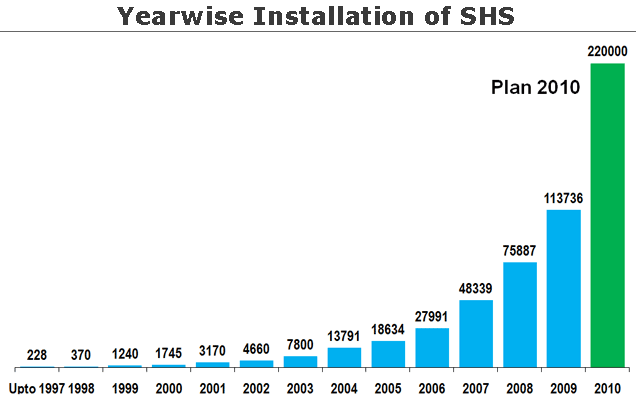
The SHSs program has so far been very successful and by the end of 2013, more than 1.3 million systems have been installed in rural areas. The NGO has been a forerunner of market-based off-grid solar-based rural electrification programs and many other institutions all over the world followed the example of the Bangladeshi organization.
Instead of donor dependence, GS largely depends on local and international resources in form of loans and good solar component supply deals with favorable pricing and terms.
As SHSs still have relatively high up-front costs for the locals, Grameen Shakti provides micro credits to its rural clients that help to reduce these costs and to attract the interest of rural people and which consequently have led to an extension of the program.
Through training of local technicians, GS also concentrates on developing local capacity to provide low cost efficient back up services right at the doorsteps of the people. These technicians help to maintain the local client system, generate goodwill and keep cost to the minimum.
By providing free training to users, especially their women, the systems remain in good order and GS is able to keep its costs low and provide more benefits at lower cost.
As rural women are an integral part of GS program, the programs help them to improve their social standing in a mainly patriarchal society, to save the expenditures of their households, generate values and income by using their skills for their own businesses and thus contribute to the country’s economic development.

